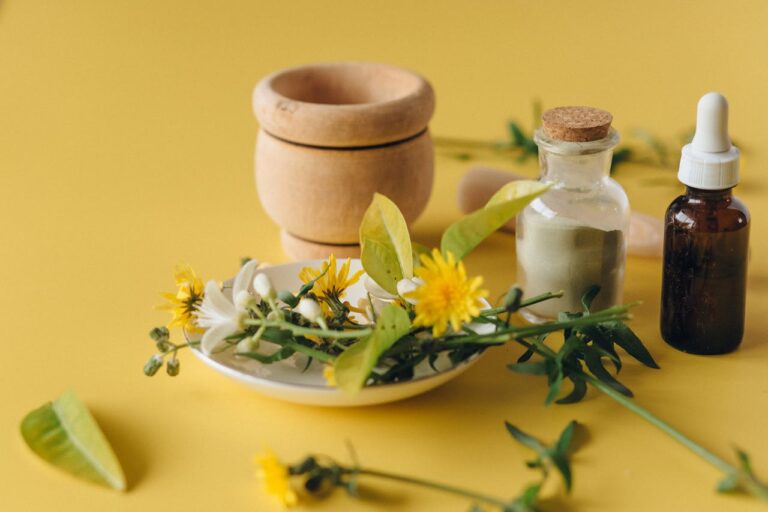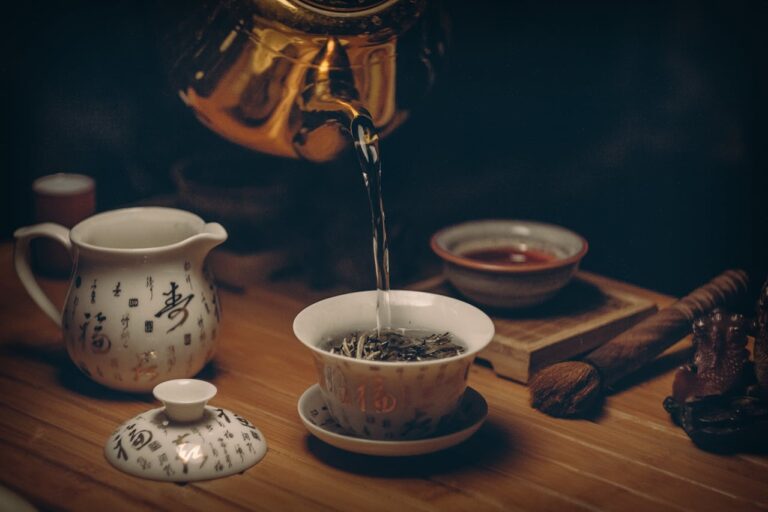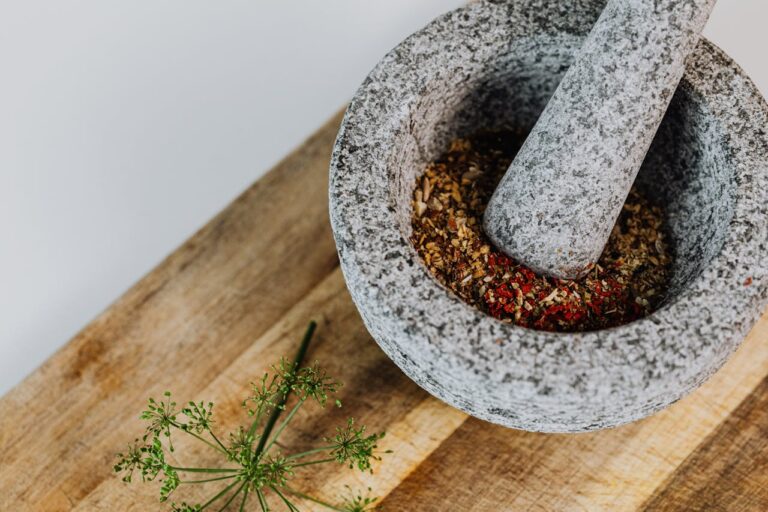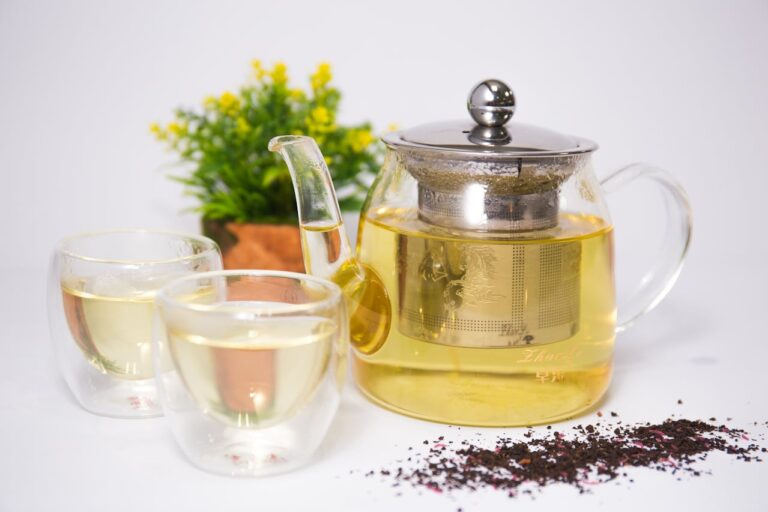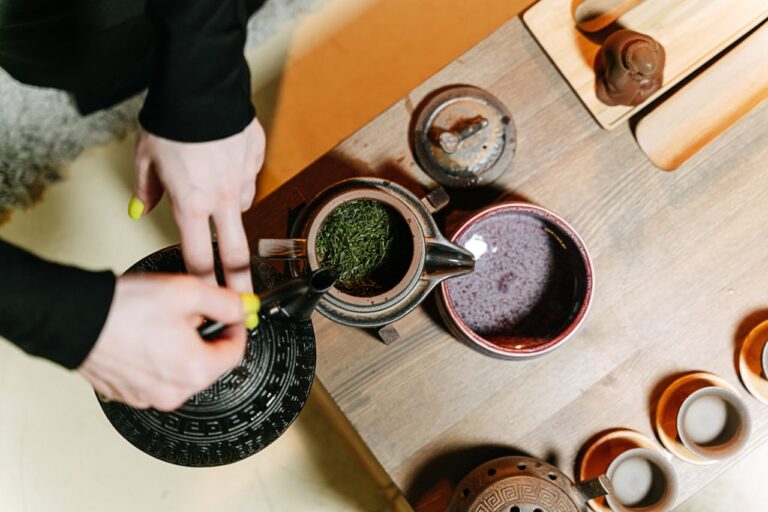The Growing Problem of Antibiotic Resistance
Antibiotics have been a medical breakthrough, saving millions of lives. However, overuse and misuse have led to a dangerous rise in antibiotic-resistant bacteria, making common infections harder to treat. The World Health Organization (WHO) has even labeled antibiotic resistance as one of the biggest threats to global health today.
If you’ve ever taken antibiotics, you might have noticed some unpleasant side effects—digestive issues, weakened immunity, or even recurring infections. That’s because prescription antibiotics don’t just target harmful bacteria; they also wipe out beneficial microbes in your gut, which play a key role in overall health.
So, what if nature already provides potent alternatives? Herbs have been used for centuries to fight infections, and modern research is finally catching up, proving their effectiveness. Let’s dive into the world of herbal antibiotics—powerful, natural remedies that can support your immune system and help your body combat infections effectively.
Why Choose Herbal Antibiotics?
Unlike synthetic antibiotics, herbal antibiotics work in a multifaceted way:
- Broad-Spectrum Action: Many herbs have compounds that fight multiple strains of bacteria, reducing the likelihood of resistance.
- Gentle on the Gut: Unlike prescription antibiotics, herbal remedies often support gut health instead of destroying beneficial bacteria.
- Immune-Boosting Properties: Many herbs don’t just kill bacteria—they also strengthen your body’s natural defenses, helping prevent future infections.
- Lower Risk of Side Effects: Herbal antibiotics tend to be well tolerated, with fewer side effects compared to pharmaceuticals.
Let’s explore some of the most powerful herbal antibiotics and how you can make them at home.
5 Potent Herbal Antibiotics You Can Make at Home
1. Garlic – Nature’s Most Powerful Antibiotic
Why It Works: Garlic contains allicin, a compound known for its antibacterial, antiviral, and antifungal properties.
How to Use:
- Garlic Honey Infusion:
- Crush 3-5 fresh garlic cloves and mix with 1 cup of raw honey.
- Let it infuse for 3-5 days.
- Take 1 teaspoon daily for immune support or at the onset of an infection.
- Garlic Oil:
- Mince 5 garlic cloves and mix with 1/2 cup olive oil.
- Let sit for 24 hours, then strain.
- Apply topically to wounds or infections.
2. Oregano – A Natural Infection Fighter
Why It Works: Oregano contains carvacrol, a potent antimicrobial compound that fights bacteria, viruses, and fungi.
How to Use:
- Oregano Oil:
- Combine fresh oregano leaves with olive oil and let it infuse for two weeks.
- Strain and store in a dark glass bottle.
- Take a few drops diluted in water for respiratory infections.
3. Echinacea – The Immune System Booster
Why It Works: Echinacea increases white blood cell activity, helping the body fight infections more effectively.
How to Use:
- Echinacea Tincture:
- Fill a jar halfway with dried echinacea root.
- Cover with vodka or apple cider vinegar.
- Let it sit for 4-6 weeks, shaking occasionally.
- Strain and take 1 dropper full (about 30 drops) at the first sign of illness.
4. Ginger – A Potent Antibacterial Root
Why It Works: Ginger has strong antibacterial and anti-inflammatory properties, making it effective against respiratory and digestive infections.
How to Use:
- Ginger Tea:
- Simmer fresh ginger slices in hot water for 10-15 minutes.
- Add honey and lemon for extra benefits.
- Drink 2-3 times a day for immune support.
5. Turmeric – The Golden Antibiotic
Why It Works: Curcumin, the active compound in turmeric, has powerful antibacterial and anti-inflammatory effects.
How to Use:
- Turmeric Paste:
- Mix 1 tablespoon turmeric powder with 1/2 cup water and simmer until a paste forms.
- Store in a jar and add to soups, teas, or milk for daily support.
Precautions and Best Practices for Using Herbal Antibiotics
While herbal antibiotics are natural, they should still be used wisely. Here are some key tips:
- Know Your Dosage: Herbal remedies are potent. Research or consult a professional before using them extensively.
- Give Your Body a Break: Just like synthetic antibiotics, herbal antibiotics should not be overused. Rotate different herbs to prevent resistance.
- Allergies & Interactions: Some herbs can interact with medications or cause allergies. Always do a patch test or consult a healthcare provider if unsure.
- Use in Combination: Many herbal remedies work better when used together. For example, combining garlic, ginger, and turmeric can create a powerhouse immune booster.
Nature’s Pharmacy at Your Fingertips
The overuse of prescription antibiotics has led to increasing health concerns, but nature provides a wealth of alternatives. Garlic, oregano, echinacea, ginger, and turmeric are just a few powerful herbal antibiotics you can use to support your health naturally. By incorporating these remedies into your lifestyle, you can take a proactive approach to wellness while reducing reliance on pharmaceuticals.
Disclaimer:
This article is for informational purposes only and is not intended as medical advice. Always consult a healthcare professional before starting any new herbal remedy, especially if you have underlying health conditions or are taking medications.



